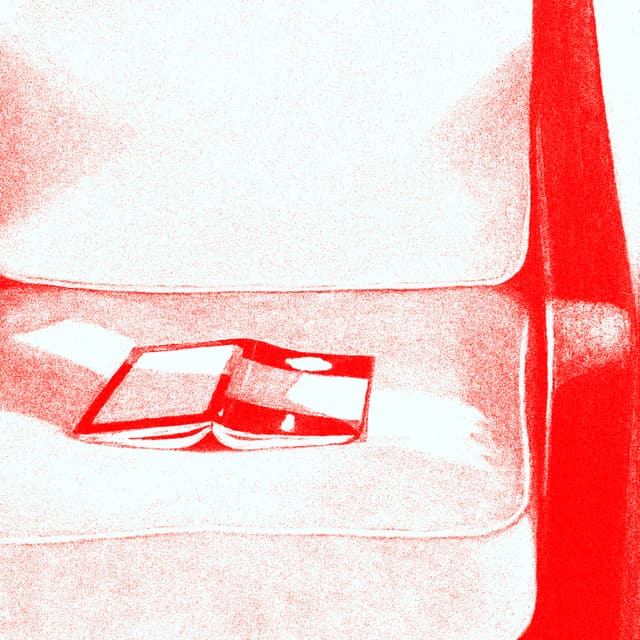
art & Literature

Dating has never been simple, but in 2024, it feels more complex than ever. From swiping right to sliding into DMs, the way we meet, connect, and build relationships has fundamentally changed. Technology has streamlined romance, but it’s also introduced new challenges—ghosting, breadcrumbing, and the endless scroll of potential matches. Beneath the surface, these behaviors reveal a lot about the human condition in the age of digital love.
15 january 2025
Dating apps like Tinder, Bumble, and Hinge have transformed how people meet. With a swipe of a finger, you can connect with someone you’d never cross paths with in real life. But this convenience comes with a paradox: the abundance of options often leads to decision fatigue. Studies published in the Journal of Social and Personal Relationships show that too many choices can make people less satisfied with their eventual partner, always wondering if “someone better” is out there.
This “paradox of choice” isn’t just about dating—it’s a symptom of a broader cultural shift where immediacy and abundance shape our expectations.

Modern dating has its own vocabulary, and not all of it is romantic. Ghosting (suddenly cutting off communication), breadcrumbing (sending sporadic messages to keep someone interested but never committing), and benching (keeping someone as a backup option) have become common behaviors. These terms reflect a deeper anxiety about vulnerability and commitment in an era where connections are often superficial.
Why does this happen? Experts point to the low stakes of online communication. When someone becomes just another profile, it’s easier to avoid difficult conversations. While this might shield us from awkward moments, it also limits genuine connection.
Dating apps force users to condense their identities into a few photos and a short bio. This curated self-presentation can create pressure to perform, making dating feel like a game rather than a meaningful pursuit. Apps prioritize appearances, swiping, and witty one-liners, leaving little room for nuance.
However, the rise of apps like Hinge, which markets itself as “designed to be deleted,” shows a growing desire for authenticity. Younger daters, particularly Gen Z, are pushing back against surface-level interactions, seeking deeper conversations and meaningful connections.
The COVID-19 pandemic fundamentally shifted dating behavior. Virtual dates, socially distanced meetups, and a renewed focus on emotional intimacy became the norm. For many, this period highlighted the importance of connection and forced people to prioritize what they truly want in a partner.
Even as the world reopens, some of these shifts remain. Daters are increasingly seeking substance over style, valuing emotional compatibility over superficial attraction. The pandemic may have left a lasting imprint, fostering a move toward intentional relationships.
As technology evolves, so does the dating landscape. Artificial intelligence is beginning to play a role, with apps using algorithms to predict compatibility or even generating icebreakers. But the core of dating remains the same: humans seeking connection, understanding, and love.
Navigating modern dating requires balancing the convenience of technology with the timeless need for authenticity. In a world of endless profiles and instant communication, the challenge is to stay grounded, honest, and open to the possibility of real connection.

art & Literature

Sociology & social issues

culture & identity

human behaviour

art & Literature

culture & Identity